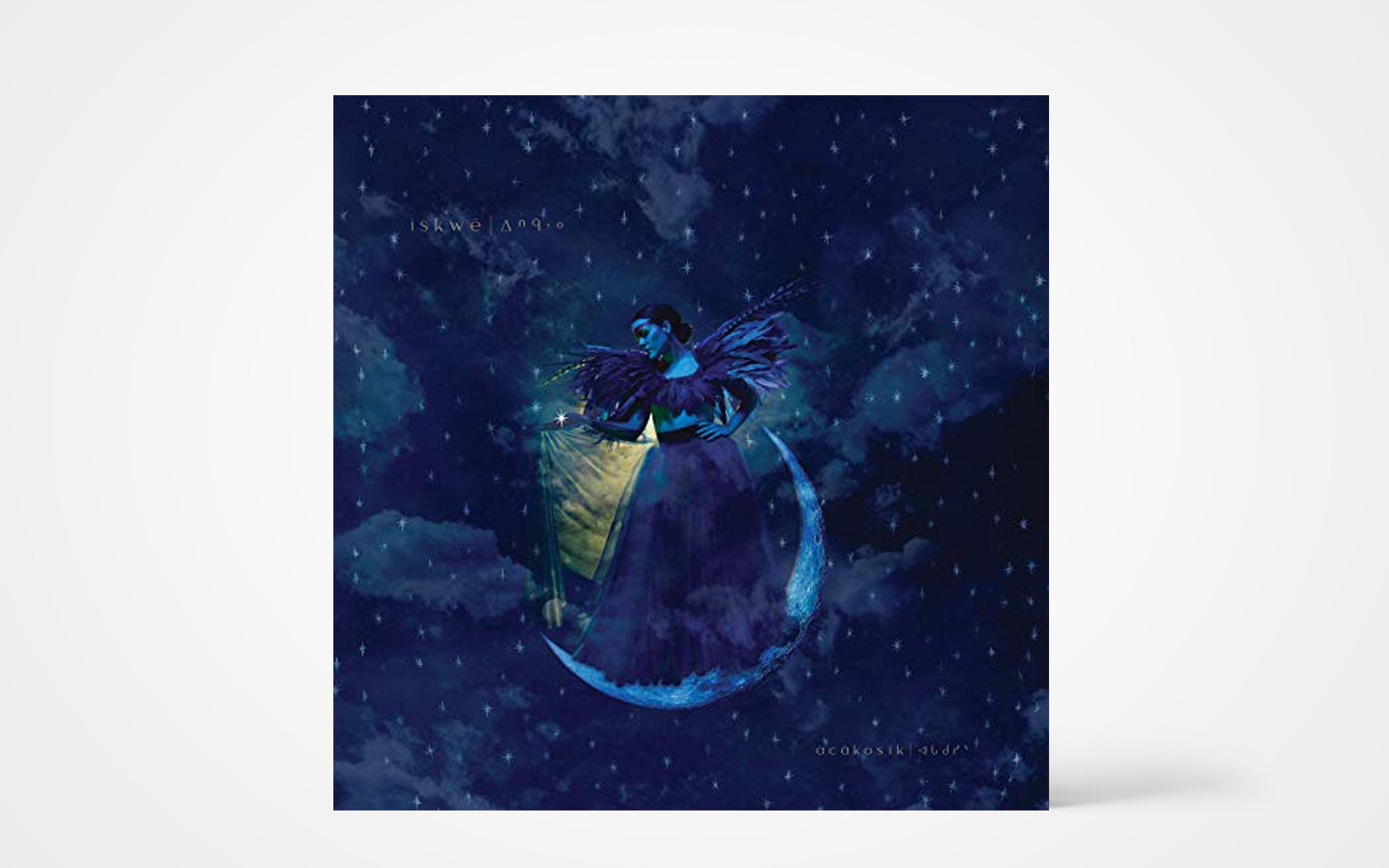I’ve waited all this time to speak my mind.
You pushed me down so far I thought I’d died.
Because of you, the thought of you.
But now I’m here to prove that I’m still alive. —“Breaking Down”
Eventually, we will grow tired of surface-y commercial music, meant to numb us and distract us from the tough realities of life. We will wake up with the same desire as Jesus’ mission in Luke 4:18 to see “that the oppressed will be set free.” And for those of us who are ready now, iskwe’s music will help us understand the oppressed and voiceless better. She shares challenging emotions of anger and grief caused by struggle and loss. And whether we find ourselves relating more to the privileged or the oppressed, her music calls us to be better humans.
iskwe is an indigenous artist originally from Winnipeg, Manitoba, in Canada, who has Cree, Dene, and Irish heritage. Her early musical career took her to the electronic dance music scenes of Los Angeles and New York. More recently she has settled in Hamilton, Ontario, where she is exploring her indigenous heritage amid the current dominant culture. iskwe is translated into English as Blue Sky Woman. When asked, iskwe revealed that acakosik “means The Stars (like in the sky). It’s part of a narrative of Cree teaching that we come from the star people.”
This short album of seven tracks is packed with moments of musical and lyrical power. iskwe ignores current production fads and uses all the tools at her disposal to create sad and angry moods. Traditional indigenous singing and drumming intermingle with synthesizers, guitars, drum-kit and her cutting vocals. Dissonance is masterfully used throughout, including an ending that leaves the listener in tension.
The album starts with an intro into “Breaking Down,” which speaks directly to the oppressor, revealing an awakened individual ready to push back. The next song, “The Unforgotten,” includes a haunting chorus that again speaks of resiliency:
We are the ones that are forgotten. We stand up tall against the other
We are the nation of tomorrow. We are the children who are not afraid to die.
Throat-singer Tanya Tagaq joins iskwe’s powerful vocals on this track, and lyrics such as, “We are the acquaintance that story told you died,” do not easily leave the listener’s consciousness. The track “Little Star” takes on new significance when understood in the context of the album’s title. The dominant culture is called out for trying to erase the memories of so many indigenous people. The chorus laments, “All I see today is how they wash away our little stars.” Again, iskwe plants images and lyrics to catch the attention of the listener when she sings: “They place the blame on her, like she is nobody’s child.” The ballad “Sweet Tuesday” dives deeper into the experience of saying goodbye to a loved one. iskwe invites the listener into the room to observe and feel. Grief drips from her voice. The album ends with “Night Danger,” a song full of angst and uncertainty. The listener is left without resolution and now has a choice as to how they will respond.
Some listeners may find the ideas and emotions explored by iskwe too challenging and return to safer music. Hopefully, most listeners can see her courage and be inspired to act courageously themselves. Listening to the experiences of the hurting and oppressed can be the first act of courage toward reconciliation. Jesus asks us to join his mission to see the oppressed set free. iskwe helps us see more clearly. (Independent)
About the Author
Micah van Dijk is a popular music expert who speaks and writes to help audiences understand the impact popular music has on their faith and identity. www.micahvandijk.com

